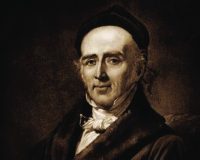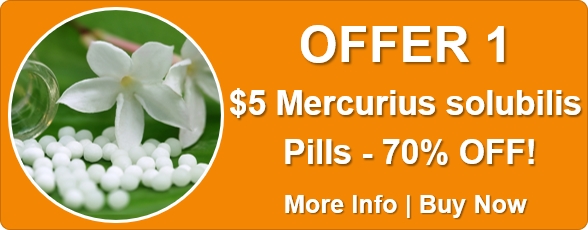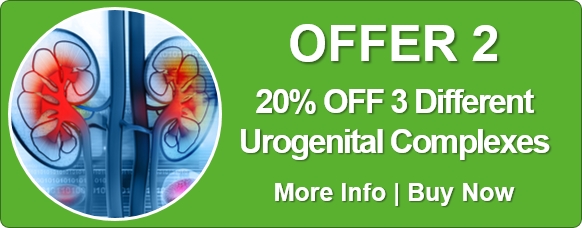
The Organon – Aphorism 151-160
§ 151 But if the patient complain of a few violent sufferings, the physician will usually find, on investigation, several other symptoms besides, although of a slighter character, which furnish […]

The Organon – Aphorism 1-10
§ 1 The physician’s high and only mission is to restore the sick to health, to cure, as it is termed.1 1 His mission is not, however, to construct so-called […]

The Organon
Written by Samuel Hahnemann, the founder of homeopathy, The Organon of Medicine is the cornerstone of homeopathic principles and practice, and used by homeopathy students and practitioners. We provide this […]

The Organon – Aphorism 291-294
§ 291 Fifth Edition Even those organs which have lost their peculiar sense, e.g., a tongue and palate that have lost the faculty of tasting, or a nose that has […]

The Organon – Aphorism 281-290
§ 281 Fifth Edition Every patient is, especially in his diseased point, capable of being influenced in an incredible degree by medicinal agents corresponding by similarity of action; and there […]

The Organon – Aphorism 271-280
§ 271 Fifth Edition All other substances adapted for medicinal use – except sulphur, which has of late years been only employed in the form of a highly diluted (X) […]

The Organon – Aphorism 261-270
§ 261 The most appropriate regimen during the employment of medicine in chronic diseases consists in the removal of such obstacles to recovery, and in supplying where necessary the reverse: […]

The Organon – Aphorism 251-260
§251 There are some medicines (e.g., ignatia, also bryonia and rhus, and sometimes belladonna) whose power of altering man’s health consists chiefly in alternating actions – a kind of primary-action […]

The Organon – Aphorism 241-250
§ 241 Epidemics of intermittent fever, in situations where none are endemic, are of the nature of chronic diseases, composed of single acute paroxysms; each single epidemic is of a […]







